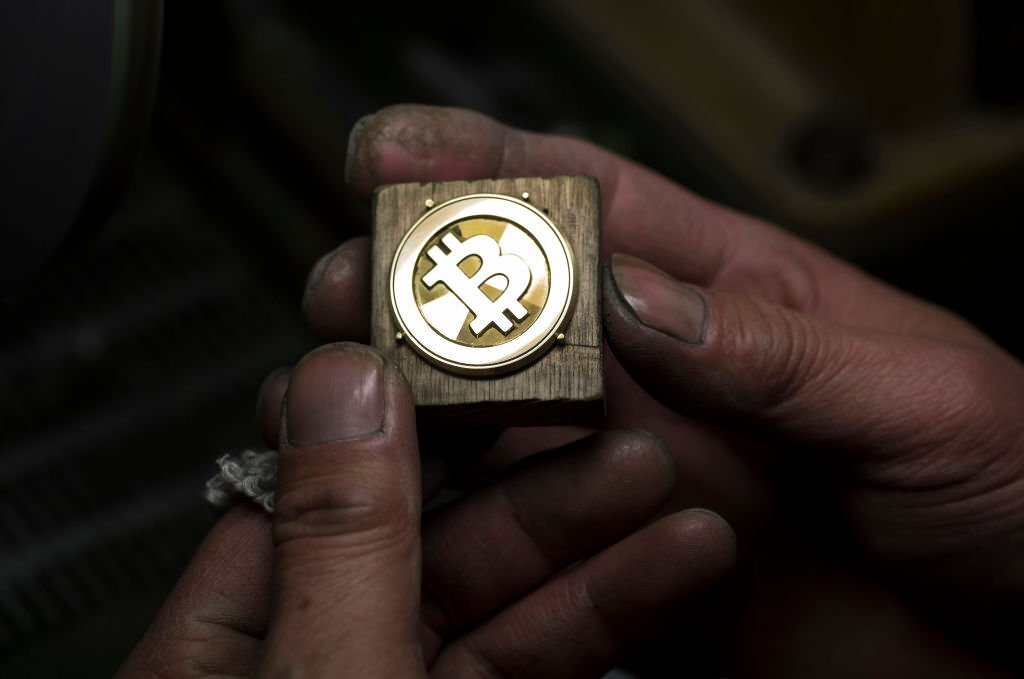
The Foreign Exchange Market is primarily a trade in currencies. Buyers and Sellers from different countries get to exchange different currencies between one another. The Bank for International Settlement which is the global bank for National Central Banks at the international space also oversees the activities of the foreign exchange market and makes periodic reports on them.
A parallel market emerges when there is control pricing and a higher demand than the level of supply of a particular commodity, if this is proscribed by law, it is then referred to as “Black Market”. In Nigeria, the parallel market is encouraged and supported by the government, because of the paucity of funds available from the sale of crude oil which is the primary source of US Dollars for Nigerian imports.
Historical evolution of the foreign exchange market in Nigeria
Justice can only accurately be done to this subject if we start the narration from the history of the Foreign Exchange Market itself and how the Parallel Market came in to being. Nigeria as a country joined the cluster of countries that transacted in the exchange of currencies, as a result of the structural change in the international trade and economy.
The Nigerian Foreign Exchange started being controlled by the private sector and balances abroad were maintained by commercial banks, who acted as agents for local exporters. The export of agricultural produce particularly gave Nigeria bulk of her foreign exchange receipts at this epoch. The nexus the Nigerian pound had with the British pound sterling at this era also delayed a vibrant indigenous Foreign Exchange Market.
The control of the Foreign Exchange Market only came under the confines of the Government with the establishment of the Central Bank of Nigeria (CBN) in 1958 and the subsequent enactment of the Banks and Other Financial Institutions Act (BOFIA) as well as the Exchange Control Act. These innovations brought the Central Bank of Nigeria in control of the Nigerian Foreign Exchange. The commercial extraction of crude oil around the 1960s in Nigeria and its subsequent active export paved the way for a boom in the Foreign Exchange Market. While a mild regulation lingered in the history of the Nigerian Foreign Exchange Market, a crisis in that market surfaced, that necessitated more active control and regulation. Hence, comprehensive controls were applied in the market in 1982.
The time finally came, when the demand for Foreign Exchange became higher than the supply, and this is what led to the advent of the Black Market whereby Forex was being sold and purchased illegally in contravention of extant laws and regulations. Scarcity in the official market and bureaucracy led to an active Black Market in the Foreign Exchange in Nigeria. In September 1986, the Second-Tier Foreign Exchange Market (SFEM) was established, because the exchange control system was unable to devise a proper mechanism for Foreign Exchange allocation that aligned with the objectives of internal balance. To widen the ambit of the Foreign Exchange, the Bureaux De Change were introduced in 1989 to cater for privately sourced foreign exchange thereby creating the Parallel Market.
In 1994, reforms were introduced into the Foreign Exchange Market. These reforms came in form of barring the Bureaux De Change from buying foreign exchange as agents of the Central Bank and conferring the absolute control of the Foreign Exchange on the Central Bank of Nigeria. However, the Foreign Exchange Market was liberalized in 1995 with the establishment of the Autonomous Foreign Exchange Market (AFEM), and this reform led to the Central Bank of Nigeria licensing selected dealers that dealt in Foreign Exchange leading to the Bureaux de change once again being recognized as accredited buyers and sellers of foreign exchange. Further liberalization occurred in 1999 with the introduction of Inter-bank Foreign Exchange Market (IFEM).
Legality of transacting in foreign exchange in the parallel market in Nigeria
Section 1(2) of the Foreign Exchange Act (FEA) empowers the CBN, with the approval of the finance minister, to issue guidelines from time to time, to regulate the procedures for transactions in foreign currency. Section 8 requires that such guidelines issued for supervision and monitoring must be consistent with the Act. Based on section 10, an eligible transaction for the purchase of foreign exchange includes any transaction adequately supported by appropriate documentation except where the transaction is prohibited by law.
To be continued tomorrow
Braimah, a lawyer and consumer rights advocate, wrote from Lagos.












